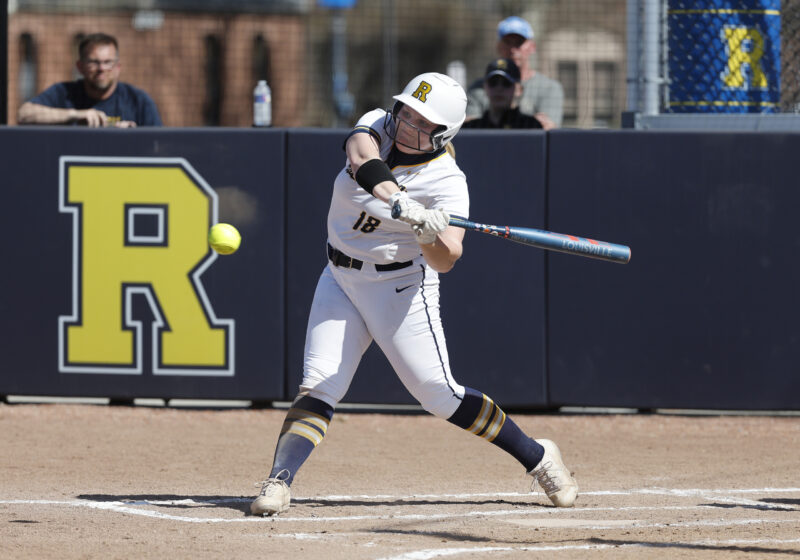With course registration still fresh in our minds, we’ve patched up a rough schedule of our future here at UR – planning out our majors, minors and clusters in the time we have remaining. Ultimately, science classes should not be overlooked as part of your undergraduate program.
All too often, people have the skewed and ignorant perception that science is solely about rote memorization – you won’t last two weeks in even BIO 110 by merely looking up things in textbooks and plugging numbers into formulae. Success in science does not come through black and white, formulaic responses that can be memorized. Scientists – myself included – are not going to spend their careers pursuing a cure for cancer because it’s already available, located in the back of some textbook.
Take, for example, my freshman organic chemistry class, which dealt with the relationship between a molecule’s reactivity and its structure. One doesn’t explain a molecule’s reactivity because it’s been seen before and the explanation has been memorized, but through understanding the energetic and spatial factors that affect reactivity. To obtain this understanding, knowing that things occur is insufficient – one must know how and why.
I can think of no greater purpose for education than to learn how to pursue the question of why things happen, to learn how to observe and experiment to those ends. This pursuit is especially evident in our University’s culture, considering its position as an eminent research institution.
To obtain this mindset, practice is required, above and beyond what one does in a teaching laboratory. Thus, the workshop model of learning has been developed, which allows students to practice the ability to analyze problems-the answers to the problems are not as important as the thought processes that spawned them.
Mindful that these workshops take place in a group setting, social interaction becomes a basic part of the learning experience. Therefore, although science classes inevitably involve individual study sessions with nothing but notes and an endless supply of free Carlson coffee, many science students choose to spend time at group review sessions – both formal with a TA and informal with friends – prior to an exam.
When raw emotion and greed mar our human condition, basic truths can fall victim to manipulation and distortion. Science provides a check against these forces and the authority figures that would use them. Though they might not be on the streets protesting – let’s not forget the illogical and capricious nature of a pack mentality – scientists certainly aren’t locked in the library or laboratory and afraid to voice their objective opinions on political matters, something both the right and the left could use.
By providing the training to logically determine the validity of facts, by fostering an intrinsic tendency to ask why, science stands as an integral part of our education and allows us to leave UR well-prepared for whatever lies ahead.
Scott is a member of the class of 2008.



